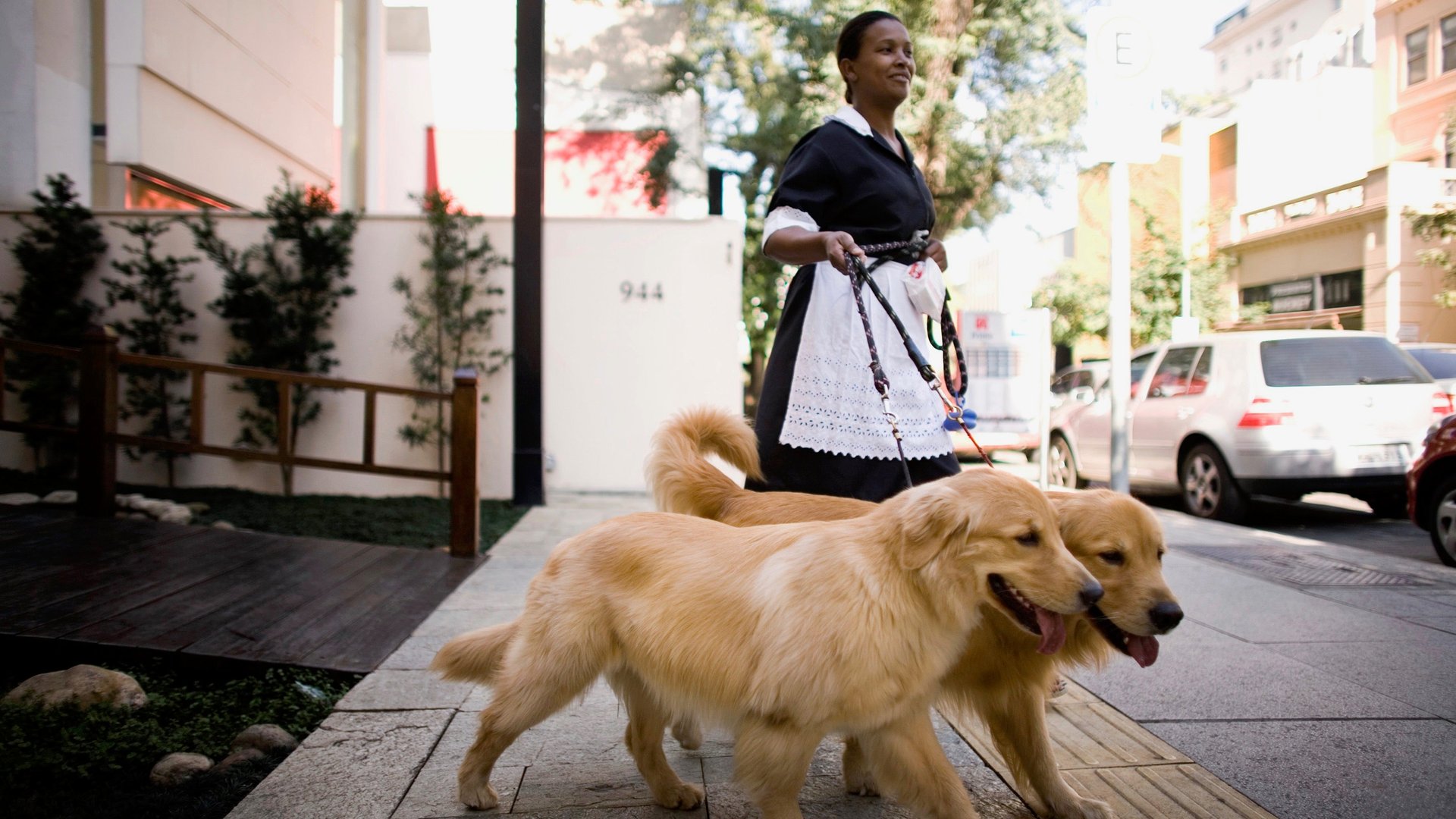The ethics of hiring household help
Most of us like to think of ourselves as egalitarian. We believe all people are born free and equal, worthy of the same respect and opportunities, in theory at least.


Most of us like to think of ourselves as egalitarian. We believe all people are born free and equal, worthy of the same respect and opportunities, in theory at least.
But of course we’re also realistic. Not everyone has quite the same chances in life—it is a fact that some of us can afford to hire household help, while others must be that help. So despite our belief in equality, many of us also participate in systems that rely on or exacerbate inequality. And perhaps that’s something you think about sometimes when you’re at the office, while a nanny is in your house, watching your kids.
If so, you are not alone. In her new book, Women’s Work: A Reckoning With Work and Home, journalist Megan Stack tries to come grips with this reality and its ethical implications. The former Los Angeles Times journalist quit her job as a foreign correspondent to write a novel when she got pregnant. After her child was born, Stack hired domestic help so that she could focus on her writing—she had a cook, a nanny, and a maid.
As she explains in a recent interview in The Atlantic, the experience forced a realization: Upper-class women are able to advance professionally because they rely on the work of an underclass with far fewer opportunities. She explains:
I moved pretty thoughtlessly into having a woman come into my home and work full-time. But very quickly, I started to experience things that surprised me. The emotional components of trust, love, and jealousy, the attempt to turn a household into a job site, and the way that intersects with power imbalances of money and race … I hadn’t anticipated it. The more I adjusted to being a mother, the more uncomfortable I was, because I was looking at my nanny and thinking, She’s a mother, too. Who’s taking care of her baby?
Stack is married, so the concerns should not have been hers alone. But in her household, as in so many others, the domestic realm remains the woman’s to manage. Women, even when they work outside the home, spend twice as much time caring for kids as men do, and are more than twice as likely to do housework on any given day than their partners are, according to the US Bureau of Labor Statistics.
Those who can afford to hire help are lucky, and Stack doesn’t begrudge herself or others that fortune. She doesn’t blame individuals for systemic problems, nor does she think women need more reasons to feel guilty about work and home, children and careers. Stack believes that women should see their careers as important, and she’s not suggesting the answer is that working women should go home and babysit their kids instead of writing novels or working in offices. Neither the hired help nor the women who hired them created the labor dynamic that relies on the existence of an underclass, and they can’t solve the problems alone.
But Stack does argue that we do need to be paying more attention, societally and politically, to regulation of domestic labor and worker conditions. Ensuring household workers have benefits and protections that are afforded other workers by law would be a first step in addressing the systemic problems. Stack says that domestic labor issues are all too easy to ignore because “it affects this trifecta of demographics that political decision makers don’t care about: women, poor people, and people of color.”
Indeed, in 2015, a UC Berkeley labor center study found that nearly half of all US nannies were on public assistance, nearly twice the number of the general population receiving government aid. While domestic labor is doubtless a systemic issue, this figure doesn’t reflect very well on those hiring the nannies. Stack is right to be worried about what kind of message this injustice sends the children of the hired and of the helped.
This story is part of How We’ll Win in 2019, a year-long exploration of workplace gender equality. Read more stories here.